Timeline Learning Actions can help to combat a number of assumptions about racism. For example:
- The assumption that deliberate, legislated, systemic racism occurred both “elsewhere” (i.e., not in Canada) and in the distant past, and therefore is not an urgent contemporary concern for all Canadians;
- The assumption that incidents of racism are isolated and random rather than the effects of a long history of structural and systemic inequalities that privilege white, middle-class (primarily white, male) people.
The following are two persistent assumptions that should be addressed so as not to problematically reinforce them:
- The assumption that racism occurs and is experienced in the same ways for all groups targeted by racism. This assumption may come from the understanding of racism as having a long history, having structural consistency through time, and bearing similarities in terms of strategies (forms of legislation, representations, etc.); it may also come from the problematic assumption that people in minority locations are “all the same.”
In Canada, these assumptions are of particular concern in regards to Indigenous peoples. These individuals are often the targets of racism through stereotyping, violence and apathy (in a similar way to other non-white Canadians). Additionally, Indigenous peoples have a long, particular history of dispossession of lands, violation of treaties, violence, and legislative control (e.g. Residential Schools and the ongoing Indian Act) not experienced by any other groups in Canada.
- The assumption that the targets of racism are solely victims, only see themselves as such, have not successfully resisted racism and other forms of oppression, and do not exercise any agency outside of the colonizer/colonized or white/non-white relationship.
This response often evokes a feeling of sympathy from participants and may initially seem both “natural” and “appropriate.” After all, seeing a list of racist actions, and the limited political/economic power those targeted held in each instance, certainly evokes awareness of how power functions, and a sense of sadness, outrage, and yes, compassion. In many ways, “victim” certainly seems like an appropriate term.
Moreover, given how the last few decades have seen an increased understanding of imperialism, and how one of the features of Western society is binary thinking, it is not surprising that many people will articulate their understanding of racism in terms of oppositions: colonizer/colonized, oppressor/oppressed, powerful/powerless, abuser/victim, and so on.
While these oppositions are not inaccurate as descriptors of a specific power relationship, one of the seemingly contradictory effects of thinking in this way is the assumption that people of colour and Indigenous people (or targets of other forms of oppression) are only victims, or, put another way, nothing but victims, and that white people are in control of everything, and remain in power. This way of thinking can function to reinforce the privilege/power of white people who continue to name/locate/position others according to their own ideologies-even when intended supportively or “sympathetically.”
By thinking of people targeted by racism primarily as “victims,” we end up reinforcing a way of thinking that we are, in actuality, attempting to challenge and deconstruct:
- We may be reinforcing thinking that says it is “normal” or “natural” to always have a binary structure to our society (an oppressor and an oppressed). It is not uncommon to hear: “well, that’s just the nature of power” or “that’s just human nature.”
- We may be reinforcing the idea that the dominant way is the only way to live and by, and that those in less privileged locations are destined to focus all of their energies on resisting the dominant powers (with, ultimately, limited opportunity for true change).
- We may be assuming that someone targeted by racism is defined, singularly, by the fact of this targeting and that they have not acted as an agent of change outside of the purview of the colonizer/colonized structure. In actuality, they might be utilizing culturally specific ways of knowing and being that those in dominant locations cannot recognize.
- We may be assuming/expecting that we will be “improved” by “helping” the victim which can put the less privileged person in the position of being required to assist the more privileged person achieve improvement or “cross-cultural awareness” (i.e. redemption, relief from guilt about racism, salvation). In other words, the less privileged person/target of racism bears an additional burden to the experience of racism: “fixing the racist.”
As with all of the Learning Actions provided here, it is crucial that the facilitator(s) learn from the action well before of the facilitation. The facilitator may then engage in debriefing/unpacking independently or with other facilitators. Most importantly, the facilitator should arrive at the session prepared with accurate information so as to ensure that the timeline created with the group is accurate. This is to ensure that:
- You thoroughly understand the Action, its critical foundations and goals, and possible trajectories for discussion so that you can best prepare and adapt the Action for your particular group and context;
- You will be prepared to both participate and facilitate at the same time;
- You can bring specific examples of your particular experiences and insights on “history” to the group, as encouragement and demonstration that each participant has particular knowledge to bring to a fuller understanding of Canada’s “history”; and,
- You enact the philosophy of collaborative learning by demonstrating that you have gaps in your knowledge which have systemic causes, and by sharing your own experience of discovering these gaps in your knowledge (surprise, frustration, etc.), it can help support open discussion.
↳ Proceed to our Racism Timeline Learning Action
↳ Proceed to our Indigenous Agency Timeline Learning Action






